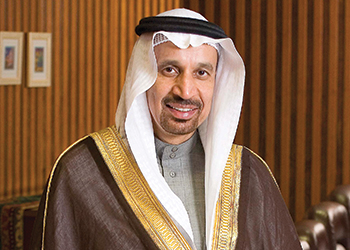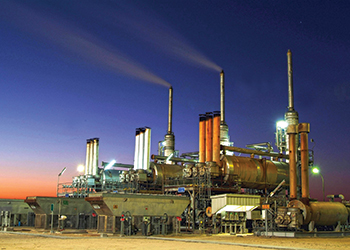
 Kuwait has decided to permanently shut its oldest refinery
Kuwait has decided to permanently shut its oldest refinery
Kuwait is moving ahead with ambitious plans to modernise and expand its refining sector so that by 2022 the country would have a total refining capacity of 1.4 million barrels per day (mbpd), which includes the new Al-Zour refinery and the Clean Fuels Project.
Meanwhile, Kuwait permanently closed Shuaiba, the smallest of the country’s three refineries.
The Shuaiba refinery, on the coast 40 km from Kuwait City, was opened in 1968 with output of 95,000 bpd and expanded in the mid-1990s to the roughly 200,000 bpd nameplate capacity before the shutdown.
However, a serious fire in late 2014 damaged a heavy oil cracking unit and reduced output to 150,000 bpd. At the time, discussions took place over the possible closure of the facility before the scheduled commissioning of either the upgrade and expansion of the existing Mina Al Ahmadi and Mina Abdullah refineries, due in late 2018, or of the greenfield 615,000 bpd plant at Al-Zour in the south. The latter is now finally under construction after years of postponements.
KNPC CEO Mohammed Al Mutairi admitted during the ceremony marking the closure that imports of fuel oil would be required for around a year to feed power generation. This will require 120,000 bpd of the product during the peak summer months and around 70,000 bpd in the winter.
The timeframe implies that sufficient additional supplies will be available on commissioning of the $15.7 billion Clean Fuels Project (CFP) upgrading, integrating and expanding to the combined output of around 800,000 bpd of the two larger refineries. The overall scheme has always been envisaged entailing Shuaiba’s closure as a stand-alone plant and the integration of some of its core units into the combined facility. One of the three main engineering, procurement and construction (EPC) packages on the scheme, let in early 2014, encompassed such work.
Al Mutairi said that KNPC was working with an unnamed Italian company to sell some of the operating units at Shuaiba that are due to be permanently closed.
However, Oil Minister Essam Al Marzouq was later quoted by the official Kuna news agency as saying that the fuel oil deficit would only be bridged on completion of the Al-Zour refinery, ambitiously scheduled for 2019. He added that the CFP, as its name implies, was geared chiefly towards increasing output of cleaner, higher-value fuels.
Both schemes have been on KNPC’s slate since early last decade and the award and start of execution of the main contracts signalled an apparent end to the political blockages.
KNPC has struggled to put in place the financing for the CFP. Al Mutairi said in March when predicting imminent signing of a $6.2 billion international loan package, first launched to the market some two years previously, that 95 per cent of the KD1.2 billion ($4 billion) local bank loan secured last year had been spent.
Kuwait typically funds such projects from the state budget.


































































